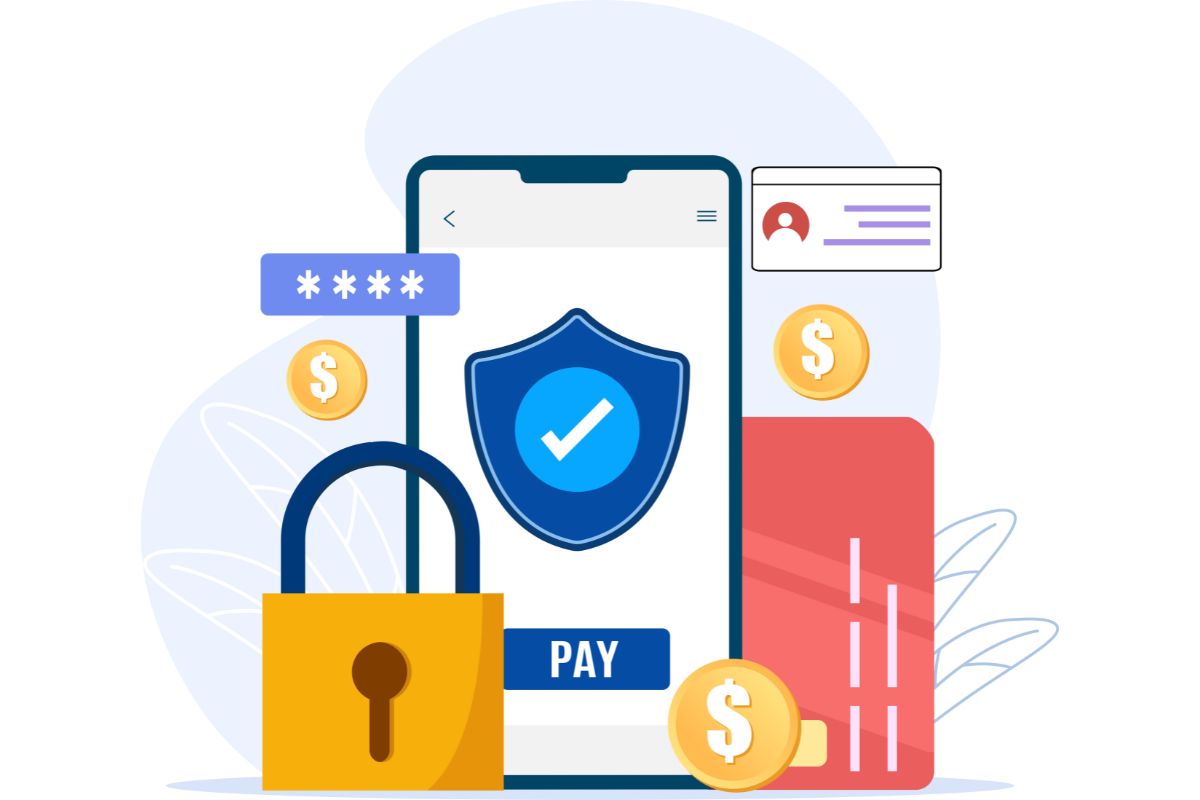The landscape of small business transactions is undergoing a significant transformation, largely thanks to the rise of Payment Facilitators, commonly known as PayFacs.
This innovative approach to handling payments reshapes how small businesses operate, providing them with the tools and flexibility needed to thrive in the digital age.
In this comprehensive exploration, we will delve into what payment facilitators are, how they differ from traditional payment models, and why they are becoming game-changers for small businesses around the globe. We’ll also examine the challenges and considerations of adopting the payfac model.
The Rise Of Payment Facilitators
In the past, businesses with small staff may have had to undergo a somewhat painful and complex electronic payment process.

Older payment processing systems used to require that each merchant have an account, undergo credit checks, and possibly incur an abundance of fees and service charges.
Many small businesses were worried about the issue because of the architecturally designed entry fee.
On the other hand, the Payment Facilitators are new players in the game who prefer to reduce such gaps.
This type of FinTech operation is known as a Payment Facilitator, and it serves as a master merchant for which many sub-merchants (individual companies) can run their businesses.
This model makes the onboarding process more available for small-size firms, allowing them to join the world of electronic payments, which is fast, convenient, and less costly.
The PayFac Model Explained
With the very essence of this principle, PayFac approaches the business with a view of simplifying and democratizing aspects of payment acceptance.
TCA Platforms facilitate interaction with small enterprises with higher financial system layers, thus killing the complexity and time requirements that may be needed to set up payment processing abilities.
The model allows small businesses to eliminate the need for several service providers to manage and process the payments.
PayFac’s model is scalability-oriented, which is among its key advantages. Thus, as the small operation develops, the way of paying for goods and services may be altered.
These Payment Service Providers have simple structures that can be changed to fit new e-commerce requirements; examples of such options are integration with e-commerce platforms, real-time transaction monitoring, and advanced fraud protection services.
Revolutionizing Small Business Transactions
Alongside appetite for market opportunities, the funding provided by Payment Facilitators has had groundbreaking effects on small businesses.
Crossing the barriers of electronic payment acceptance and engaging a new generation of entrepreneurs and innovators by PayFacs represents the dawn of a new age of startups.
The competitive edge is then given to small businesses, with them offering various payment options to customers – from cards to digital wallets and more – that provide a better customer experience and possibly increase sales.
Next, the ability of the PayFac model to provide financial visibility and a level of control over finances that was previously hard to reach for many small business owners adds to the advantages of using such a model.
Business owners can monitor and analyze customers’ choices and payment processing fees, as well as observe sales trends, among other things, and thus employ informed decision-making based on facts.

Navigating The Challenges
Even though the advantages of the PayFac system are readily apparent, it’s essential to recognize that this model is full of challenges and concerns.
This framework’s adherence to regulatory requirements stands out as a significant concern.
Payment Facilitators are bound by numerous regulatory standards, including but not limited to Anti-Money Laundering (AML) policies and the stringent data security protocols established by the Payment Card Industry Data Security Standard (PCI DSS).
These standards are non-negotiable and necessitate a robust framework for information security and IT policies.
The efficacy of any preventive and protective measures a Payment Facilitator implements is contingent upon relentless monitoring and ongoing investment in advanced security technologies.
This constant vigilance is essential for maintaining compliance and safeguarding the trust and financial integrity of the small businesses and consumers who rely on these systems.
Furthermore, as digital threats evolve, so too must the security measures employed by Payment Facilitators, which can lead to escalating costs and the need for continuous updates and training.
Beyond the complexities of compliance and security, the PayFac model introduces specific liabilities directly to the providers of these services—the Payment Facilitators themselves.
These entities assume a wide range of responsibilities beyond mere transaction processing.
They are tasked with administrating chargebacks, which involves managing disputes between buyers and sellers to determine the legitimacy of a transaction and resolving the situation accordingly.
This process can be intricate and time-consuming, demanding a level of expertise and customer service capability that may be challenging for newer entrants to the market to provide immediately.
In addition, Payment Facilitators must engage in conflict resolution, which requires a balanced and fair approach to addressing and solving customer complaints and disputes.
This aspect of the role requires strong communication skills and a deep understanding of consumer rights and business law.
Finally, the obligation to implement and maintain robust security measures for protecting payment credentials is a critical aspect of a Payment Facilitator’s responsibilities.
This includes safeguarding sensitive customer information from unauthorized access and potential breaches.
Failure to adequately protect this information can result in significant financial penalties, legal consequences, and loss of customer trust, which can be devastating for both the Payment Facilitator and the small businesses it serves.
Conclusion
The emergence of so-called Payment Facilitators transforms the whole process of how small businesses deal with transactions, years of them eliminating the existing barriers and providing multiple possibilities for them to prosper and innovate more.
By making transactions more affordable and having flexible payment processing solutions, PayFacs helps small businesses tend to their customers’ needs and compete favorably in the virtual market.
But still, this decision to get a PayFac for your business should not be made randomly. For it, to be successful, it is need deep knowledge of the regulatory landscape, as well as lasting value confidence when it comes to safety issues and customer service.
Collateral risks will always exist, but if one dares to try, the price is potentially worth the rewards, such as gaining financial autonomy and achievement.